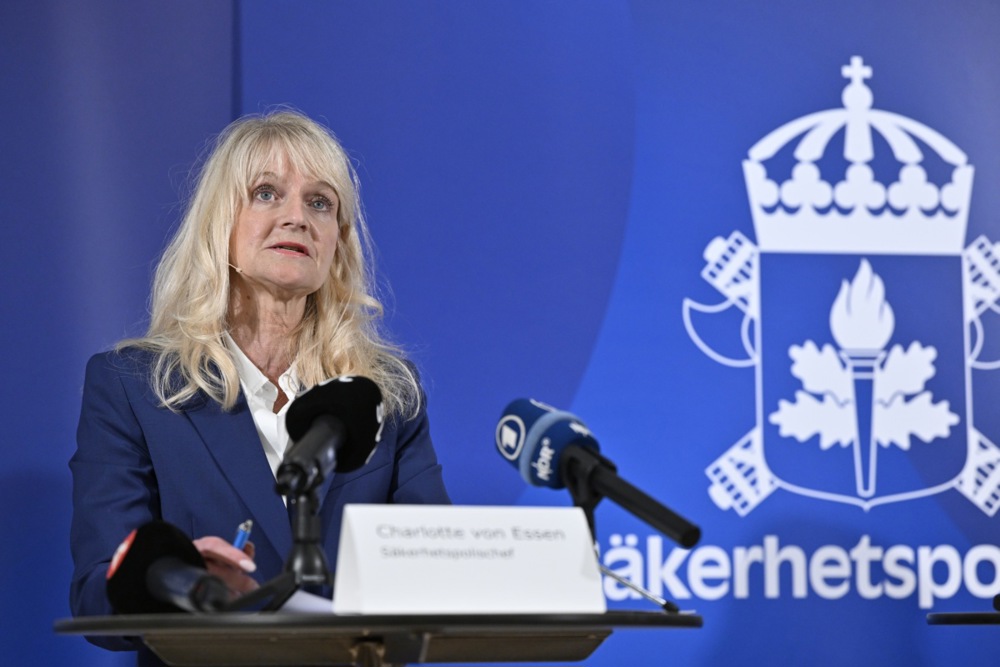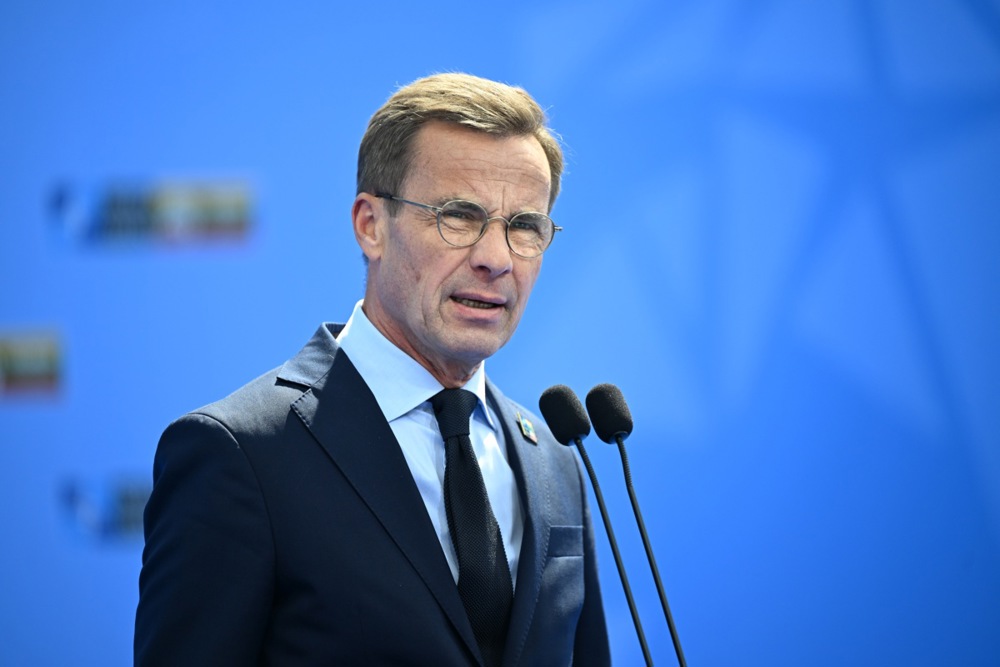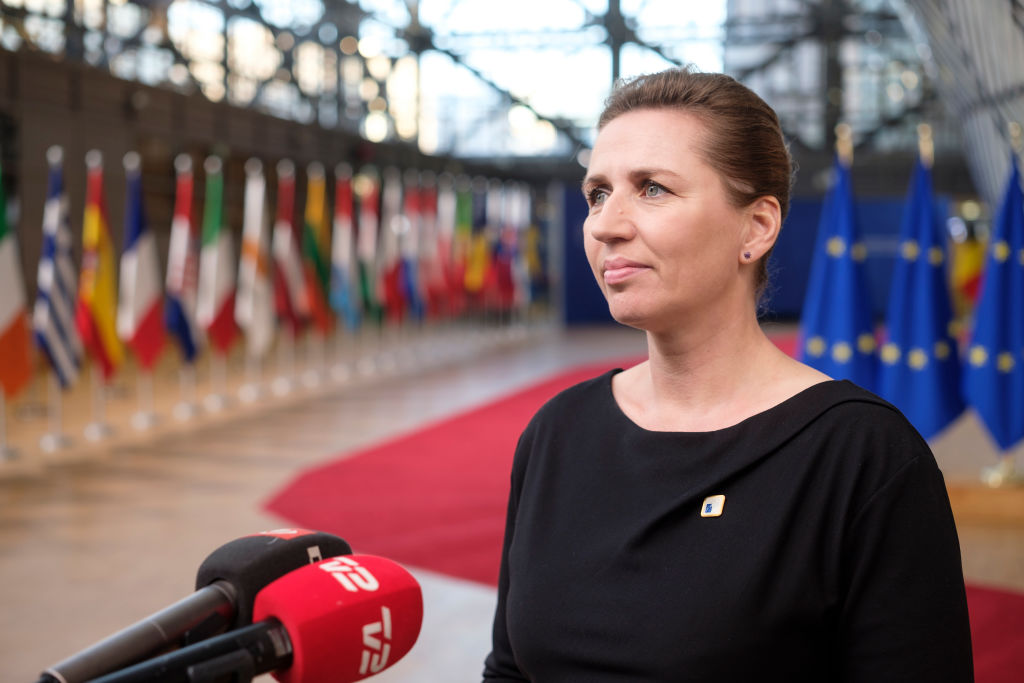The leader of the Pegida-movement in the Netherlands has publicly ripped to shreds a copy of the Quran as a form of protest in The Hague, angering local Muslims.
Germany-based Pegida, an abbreviation of Patriotic Europeans Against the Islamisation of the West, is a pan-European, anti-Islam, far-right political movement.
The actions of its leader Edwin Wagensveld come after Sweden and Denmark faced a backlash over a number of staged Quran-burnings in their respective countries.
Wagensveld conducted his protest in front of the Turkish Embassy in The Hague on the evening of August 18. He said freedom of speech was under siege in his country, with Turkey playing a big role as it “meddles with demonstrations in this country”.
“Migrants from Islamic countries come to our nations with their laws and fairytales. Our country was built by our ancestors. They demand respect but show no respect for the country they have moved to,” Pegida posted days earlier on Facebook.
“What are they doing here? The destruction of Qurans will continue until our goal is achieved!”
Wagensveld’s protest attracted a considerable number of Muslims who wanted to stop the destruction of their holy book. The police were present in force, ensuring no outbreak of violence.
The Islamic counter-protestors shouted “Shame on you” and tried to approach Wagensveld. Some threw missiles, forcing him to leave the scene as he shouted back: “You don’t belong here, your Erdogan is the son of a whore.”
The Mayor of The Hague Jan van Zanen expressed his disapproval, saying the The Hague is “a city that values respect and inclusivity”.
He added that the protest needlessly provoked individuals and intentionally caused distress, although he said freedom of expression and demonstration are constitutionally enshrined rights in the Netherlands.
Several Turkish-leaning and Islamic organisations had asked the Mayor to ban “threatening hate action”, saying it wasn’t freedom of speech but hate speech. They called it “unacceptable” and a “provocation”, and that they were “worried about public order and security”.
Justice minister Dilan Yesilgöz stated on August 18 that she found “the destruction or burning of a book rather primitive and pathetic” but “it’s allowed in our country, that’s the freedom we have”.
The minister did acknowledge the possibility that the destruction or burning of a Quran could lead to an increased terrorist threat, as seen in Sweden and Denmark.
Sweden’s security service SAPO has put the terrorist-threat level against the nation at 4 on a scale of 1 to 5 over rising tensions following a series of Quran burnings in the Scandinavian country. https://t.co/nyJqcjuw5I
— Brussels Signal (@brusselssignal) August 17, 2023





